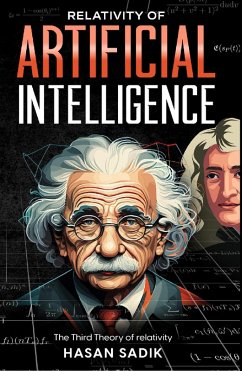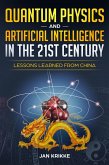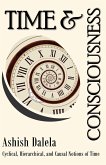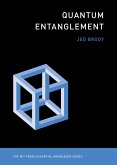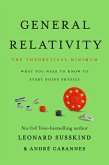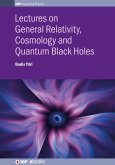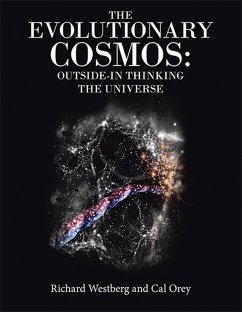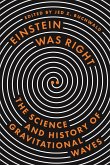The use of the principles of relativity began in the mid-seventeenth century with Galileo, which is known as classical relativity or Newtonian relativity. but these equations faced difficulties when applied to Maxwell's equations in electromagnetism, and they failed in certain astronomical measurements. Therefore, Lorentz transformations were formulated at the end of the nineteenth century. Einstein adopted the Lorentz transformations and considered Newton's relativity as outdated and insufficient, leading him to develop his theory of relativity as an alternative.
Critiques and objections to Einstein's theory of relativity have indeed persisted over time. Some have argued that it goes against common sense and appears unrealistic. Additionally, there have been debates about its compatibility with the principle of relativity concerning the constancy of physical laws when observed by moving observers and its application to objects moving according to the law of self-relativity.
Many physicists published numerous books and research papers attempting to refute Einstein's theory of relativity. However, all were neglected as they did not provide an alternative and could not prove the failure of Einstein's relativity theory. Einstein was assured that his theory could not be refuted with a practical experiment as it is impossible to achieve a speed close to the speed of light.
Today, the remarkable advancement of artificial intelligence in accessing scientific information has given us a rare opportunity that was not available to Einstein. I am not alone in seeing the rapid development of technology and new horizons arising daily. Artificial intelligence feeds us information and ideas, from articles and evidence to online symposiums and deep learning. That being said, we no longer need to put much effort into seeking the truth since we can recognise the tools used by everyone, be inspired by fascinating projects, and search for experts' help. That makes what we introduce of immense importance, which I discovered in Relativity, after seven years of concentrated study to provide evidence of the failure of Einstein's relativity, modify Newton's relativity, and establish the third relativity theory.
Dieser Download kann aus rechtlichen Gründen nur mit Rechnungsadresse in A, B, CY, CZ, D, DK, EW, E, FIN, F, GR, H, IRL, I, LT, L, LR, M, NL, PL, P, R, S, SLO, SK ausgeliefert werden.

